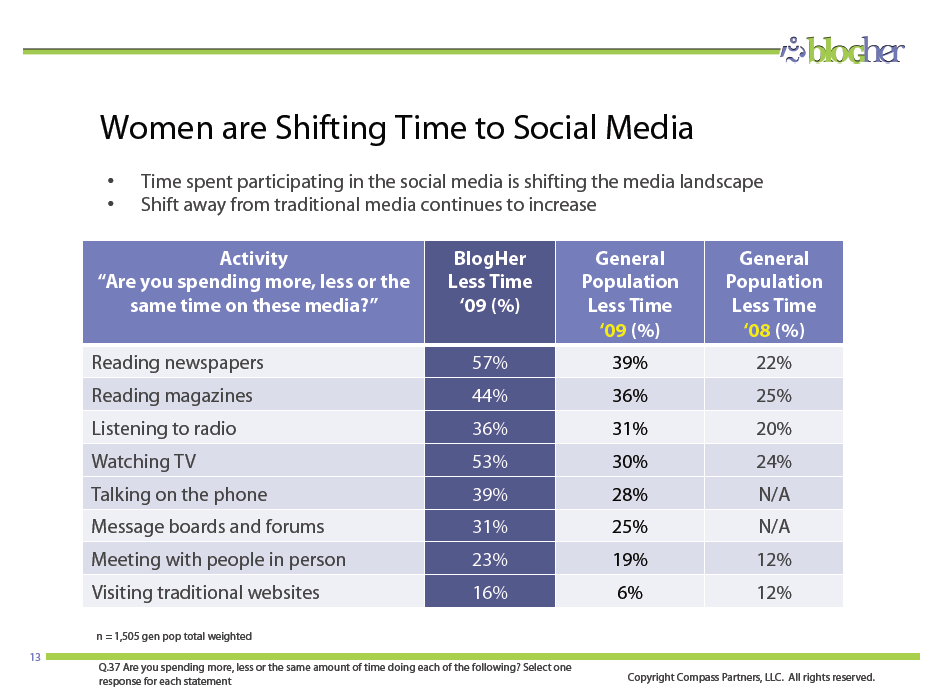Is Twitter a sales tool?
 In a lot of talks and meetings with clients I am asked if Twitter is a sales tool. Now, what would you say? The university professor might answer with a Solomonic answer: “Well, it depends how you see it…”. Being a member of the Twitterati it is one of these questions where you have to hold on to your horses in order not to be too excited. The best answer is probably: “Yes, it is… and No, it is not!”…
In a lot of talks and meetings with clients I am asked if Twitter is a sales tool. Now, what would you say? The university professor might answer with a Solomonic answer: “Well, it depends how you see it…”. Being a member of the Twitterati it is one of these questions where you have to hold on to your horses in order not to be too excited. The best answer is probably: “Yes, it is… and No, it is not!”…
The why for “Yes, it is”…
Looking at the latest development in the “Twittersphere” it can be said that the micro-blogging service can be used as a push tool for sales promotions meant to generate an upside in revenue. The best examples are accounts from companies like Dell (selling re-furbished IT for 3 mio. USD), Threadless (selling shirts – no numbers released yet) or Zappos (selling shoes – no numbers released yet).
Although we don’t know see any revenue figures of Threadless or Zappos, seeing the follower numbers alone offers the option to sell through the indirect way to this new “distribution list” by keeping up the conversation with new thoughts and ideas gathering engagement – or direct via ‘extraordinary’ offers. Just take a look at my sales statistic or metric, I summarized on the Dell Outlet account and you can evaluate your sales options.
Especially, the aviation industry has used the power of pushing their offers through this new media channel – thus uplifting their revenue figures. Some airlines like JetBlue (called “JetBlueCheeps“) and United Airlines (“twares”) offer cheap seats Twitter sales promotion programs (also for unsold tickets). The companies push their announcements via Twitter and the user -hopefully- listens to their Tweets and needs exactly the route offered.
In Germany Lufthansa has also started with sales promotions via Twitter – and obviously after this test the worldwide Twitter offering is “coming soon”.
The PRO view…
Yes, Twitter is a sales tool as there is no limit in terms of target-group, industry sector, the costs of the product or the product and service itself. Use it as a sales tool if you think your customers or your desired target-group is open-minded, loves last-minute offers or is ready to be engaged via social media.
The why for “No, it is.”
Nevertheless, the way how companies use Twitter to address their target-group with their sales promotions appears like some kind of old “watering can” marketing principle. Is this really time-to-market sales? Can this be called “targeting” which is the modern form of receiving sales promotions? One thing is for sure: Forecasting on such sales push activities is nearly impossible… the proof is in the test. But: once started, there is no way out. Sales promotions on Twitter are relying on the “hope” factor by offering an additional sales channel called “SomeTwitterAccountByOurCompany”.
And sales strategies go against the means of social media anyway. Sales philosophy is “We know what you want and here is your customized offer!” – social media is “We listen, learn and share what our customers want to buy from us!”.
From the airline examples we can learn that the offer is not just positive extra media promotion. It is limited in its sales power in a way that consumers need to be flexible and last-minute offer driven. Sounds a bit like the ebay way of selling…
So, Twitter sales promotions are relying on the “hope” factor by offering an additional sales channel called Twitter account. Some follow as they are just listening to the company or product development, some as they learn from the tweets and some as they want to share common knowledge. Not all followerrs really want to buy something. You are in good company when your company does not want to aggressively buy followers in order to go down the good old spam route.
The CON view…
No, Twitter is not a sales tool but more a customer service tool with the positive side-effect that you can sell indirect by giving good service, helping your customers and solving their problems in real-time. Don’t use it when you think your customers are bound to traditional cliches, rarely take the advantage of accepting fast shopping opportunities and don’t know what social media can do for them.
Spot On!
Generally speaking… – From a followers point of view (in this case meaning customers), there is a positive argument about Twitter sales promotions: Interested customers will follow (=read) the sales push tweet – uninterested won’t, they will ignore it. And customers don’t even have to delete the message like a spam mail. It is dying with the followers timelife stream…
Advice
The Critical question to ask are… Do we have a long-time social media strategy or do we just want to “drive” a short-time sales push? What have we done in the past to push our sales revenues? What worked out well? I am sure, if you ask yourself these questions, some more questions on your web strategy in terms of sales achievements will follow…
Am I right…?

 Die Nachricht von dem
Die Nachricht von dem 





